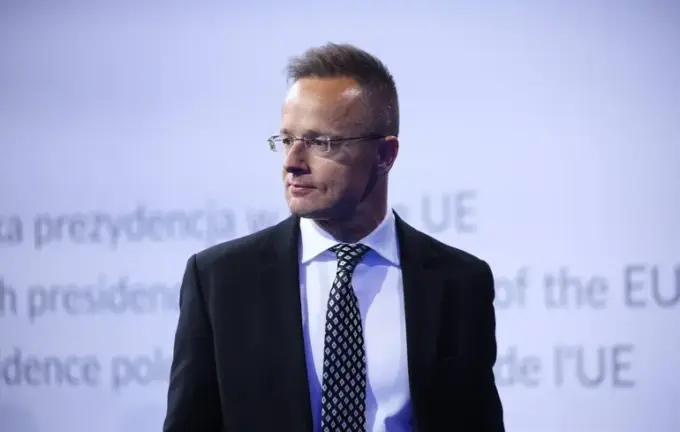Hungary Affirms Non-Blocking Stance on EU Sanctions Package 19, Aiming to Maintain National Interests

In recent negotiations among European diplomats concerning the tightening of sanctions against Russia, Hungary officially announced its stance to refrain from blocking the adoption of the EU’s 19th sanctions package.
The foreign ministers of EU member states discussed future measures aimed at increasing pressure on the Russian economy, but no unanimous agreement was reached on the proposed steps.
Hungary confirmed that it would not obstruct these sanctions, emphasizing the importance of safeguarding national interests.
Meanwhile, Slovakia maintains a veto on certain measures, complicating the approval process.
Notably, Austria abandoned its reservations on October 17, paving the way for continued discussions at the EU ambassadors’ level.
Leaders of the EU are expected to pressure Slovak Prime Minister Robert Fico during the October 23 Brussels summit to lift his veto, as his stance is seen as a leverage point for broader compromises.
Hungarian diplomats assured that Budapest does not plan to block sanctions, particularly with US President Donald Trump’s upcoming visit to Russia, highlighting that Hungary has excluded any measures conflicting with national priorities.
Foreign Minister Peter Szijjártó stated that Hungary’s position is based on recognizing the shortcomings of the EU’s sanctions policy, which has failed to yield the desired results amid the ongoing conflict in Ukraine.
He expressed hope that agreement on the 19th package could be reached during the upcoming EU leaders’ summit in Brussels.
The Estonian Foreign Ministry also expressed that imposing tariffs on Russian oil imports might be a more feasible next step, given their easier approval without requiring unanimity among the 27 member states.
Minister Margus Tsahkna hopes for a consensus by October 23.
Additionally, Hungary’s discussions surrounding sanctions include issues related to minority rights in Ukraine.
The proposed new sanctions package, introduced by the European Commission last month, envisions gradually halting Russian liquefied natural gas (LNG) imports by 2027, targeting companies in India and China aiding Russia in circumventing existing restrictions, as well as addressing the covert Russian oil fleet employing underground and maritime routes for resource transfers.
EU High Representative Kaja Kallas stated that the 19th sanctions package is not the final measure and that further sanctions will be developed to enhance the EU’s response to Russia’s aggression.

